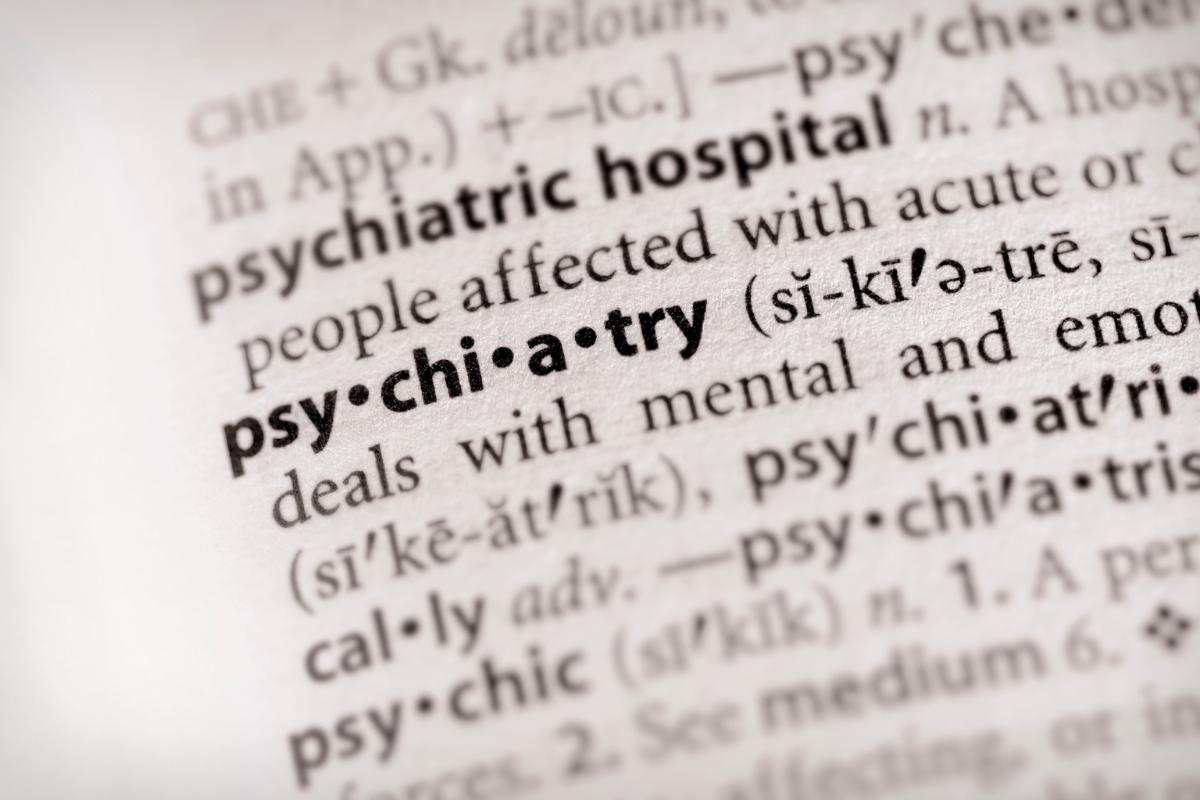When looking for how to choose a good psychiatrist, it's crucial to understand that the decision directly impacts your well-being.
This is because mental health is an essential component of quality of life, and choosing the right professional can be the first step towards a journey of recovery and self-knowledge.
That's why, in this content, we'll show you the fundamental aspects that should guide this choice, from assessing the specialist's qualifications to the importance of compatibility between doctor and patient.
In addition, we will move forward by understanding treatment approaches, the relevance of referrals from other doctors and health professionals to specialized psychiatric care, as well as the opinions of other patients.
In other words, with this information, you will be equipped to make an informed decision, guaranteeing professional support in line with your needs.
Introduction to the importance of mental health
Mental health deserves as much attention and care as physical health, since mind, body and brain are not as separable as was once thought. In the midst of daily challenges and stress, neglecting it can have serious consequences.
Therefore, identifying a qualified professional is a vital step.
With their expertise, psychiatrists assess, diagnose and treat mental disorders, which can often include physical symptoms, promoting not only recovery but also relapse prevention.
In this context, knowing how to choose a good psychiatrist becomes an essential question.
The right choice allows for effective treatment, adapted to the particularities of each individual, and monitoring that takes into account the complexity of the human being.
Throughout this content, we will share criteria and tips that will help you in this process, ensuring that your mental health is in the hands of a competent professional who is committed to your personal evolution.
Understanding the role of the psychiatrist
A psychiatrist is a doctor who specializes in the diagnosis, treatment and prevention of mental disorders. Their medical training allows them to prescribe medication, a fundamental tool in the management of moderate to severe psychiatric conditions.
In addition, they can lead therapies and recommend interventions that address biological, behavioral and psychological aspects of mental health. This professional is a key player in patient recovery, working to restore mental balance and improve quality of life.
What does a psychiatrist do?
A psychiatrist assesses the patient through a detailed clinical analysis, which can include physical examinations and psychological tests. Based on this assessment, he or she develops a personalized treatment plan that can integrate medication, psychotherapy and other interventions.
The aim is to treat symptoms, resolve underlying problems and facilitate the patient's adaptation to their environment, promoting optimal mental health.
Difference between psychiatrist and psychologist

Although both professionals are dedicated to mental health, there are significant differences between psychiatrists and psychologists. Psychiatrists are doctors with the ability to prescribe medication and carry out medical procedures.
Psychologists, on the other hand, focus on psychotherapy and non-pharmacological methods of treatment. The choice between a psychiatrist or psychologist will depend on the nature and severity of the problems faced by the patient, as well as the preferred therapeutic approaches.
Considerations when choosing a psychiatrist
Selecting a psychiatrist requires attention to several critical factors that influence the effectiveness of treatment.
It is essential to check the professional's qualifications, experience and therapeutic approach. These elements are indicative of the psychiatrist's competence and how they can meet the specific needs of each patient.
Qualifications and credentials
Qualifications and credentials are indicators of a psychiatrist's training and competence.
Check that the professional is certified by renowned boards and has a license to act as a specialist doctor. This ensures that the psychiatrist follows rigorous standards of education and clinical practice.
Specific experience
The psychiatrist's experience in dealing with cases similar to yours is key. Professionals with a track record of treatment in specific areas are better able to provide insights and effective treatment strategies for your condition.
Approach and treatment methods
Each psychiatrist has their own approach to treating mental disorders. Some may prioritize medication, while others emphasize behavioral therapies. Remember that an experienced psychiatrist will be able to indicate the best composition for your treatment, in a personalized way.
It is therefore important to choose a psychiatrist whose treatment methods are in line with your preferences and needs, but also with the best of science.
How to assess compatibility with a psychiatrist
When looking for a psychiatrist, consider the importance of compatibility. The therapeutic relationship is a pillar of psychiatric treatment, so a good match with the professional is crucial. Evaluate the doctor's credentials, experience and specializations.
Make sure their approaches and values are in line with your expectations and needs. Choosing a good psychiatrist is an investment in your mental health.
Initial consultations
The first consultations are essential for establishing a solid basis for treatment. At this stage, the psychiatrist should carry out a detailed assessment of the patient's clinical and psychological history.
This is the time to discuss symptoms, concerns and therapeutic goals. The doctor's transparency and attention are essential to building a relationship of mutual trust.
Communication and comfort
Clear communication is vital in any psychiatric treatment. The patient must feel free to express themselves without judgment. The psychiatrist must show empathy, listen actively and provide constructive feedback.
An atmosphere of comfort and openness promotes a more effective consultation, allowing deep questions to be addressed safely and confidently.
Patient reviews and references
When selecting a psychiatrist, consider the opinions and references of other patients. These testimonials offer valuable insights into the doctor's effectiveness and the quality of care provided.
Evaluate comments on the professional's approach, their ability to establish an empathetic connection and the effectiveness of the proposed treatment.
What's more, referrals from colleagues and other health professionals can reinforce the psychiatrist's reputation, indicating their competence and reliability.
The choice of a good psychiatrist should be based on concrete evidence of their commitment and professional excellence.
Now you're ready to make your choice

As you finalize your search for a psychiatrist, reflect on the importance of making an informed choice. In this regard, consider compatibility, credentials, medical training, curriculum, expertise, communication, the opinions of other patients and the referral source.
In any case, the decision must be made with discernment, as it directly affects your mental well-being. But remember that a good psychiatrist is one who, as well as being qualified, resonates with your individual needs.
So, if you feel that Dr. Petrus could be the right psychiatrist for you, don't hesitate to get in touch and book your appointment. Together, we can walk the path towards a healthy mind.
If you found value in this content, keep following the our blog for more insights into mental health.







